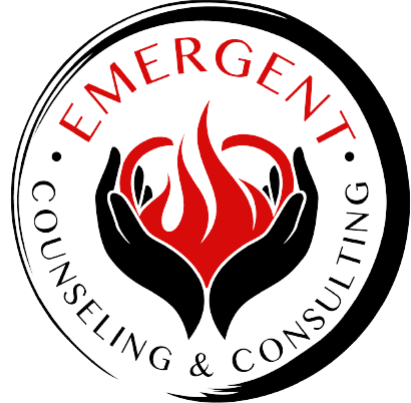It can be frightening to discuss anxiety and depression in public, particularly if you’re afraid of being misinterpreted or judged. These discussions are frequently difficult due to the stigma associated with mental health concerns, but I have discovered that speaking up can result in priceless support.
Understanding the Stigma
Myths and ignorance—the idea that mental health issues are personal failings or weaknesses—are frequently the source of stigma. Because so many loved ones lack knowledge about anxiety and depression, their initial responses may be influenced by false information. Understanding this helped me approach conversations with empathy and increased my patience with those around me.
Getting Ready to Open Up
Preparation is the first step in opening up. Thinking about exactly what I wanted to share and why was helpful to me. It was simpler to strike up a conversation when I chose a time and location where I felt secure and at ease. I would occasionally write down my ideas in advance to help me focus on what was most important to me, whether that was feeling heard, asking for help, or gaining understanding.
Starting the Conversation
I never found it easy to discuss things like depression and anxiety, but being honest was helpful. The door was opened by simple statements like “I’ve been having emotional difficulties and would like to talk about it” or “Lately, I’ve been feeling really anxious and it’s harder to cope.” I discovered that I didn’t have to describe every detail—just enough to let others know what I was going through and what support I needed.
People’s responses differed. Occasionally, friends or family would try to compare my experience to theirs or offer advice. At other times, they downplayed my emotions. I made an effort to gently reroute those discussions by saying, “I’m glad you want to help. “It’s okay if you don’t have answers—just being here helps,” or “What I need most is someone to listen.”
Facing Stigma Head-On
I spoke up as calmly as I could when I encountered out-of-date beliefs or disparaging remarks regarding mental health. Clarifying that depression and anxiety are medical disorders rather than character flaws helped to dispel misconceptions. Some loved ones grew more knowledgeable and encouraging over time, despite the fact that these conversations weren’t always flawless.
Helping Each Other
I discovered that reassurance and active listening were very helpful when friends or family opened up to me. Saying “I care about you and I’m glad you told me” is sometimes the best thing you can do. Let them know they weren’t alone by asking, “How can I support you?”
How Breaking the Silence Helped Me
Although talking about my difficulties didn’t make everything better, it did begin to lessen the sense of loneliness I was experiencing. Others simply required time to comprehend, while others developed into excellent allies. They reminded me that almost everyone knows someone who suffers from anxiety or depression, and many of them shocked me with their personal tales.
Having the support of loved ones and mental health professionals made a huge difference in my journey. The more I talked about mental health, the easier it became, and the less power stigma held over me.
Final Thoughts
It takes courage to talk about depression and anxiety. Honest conversations help break down barriers, even though the process may be uncomfortable and not every conversation will go as planned. You deserve to be understood and supported by others as well as by yourself. Your voice is the key to change, so start when you’re ready.

